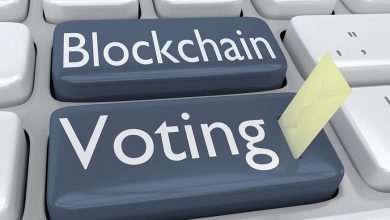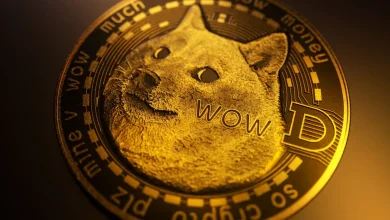The Ethics of Crypto: Is Decentralization Always a Good Thing?
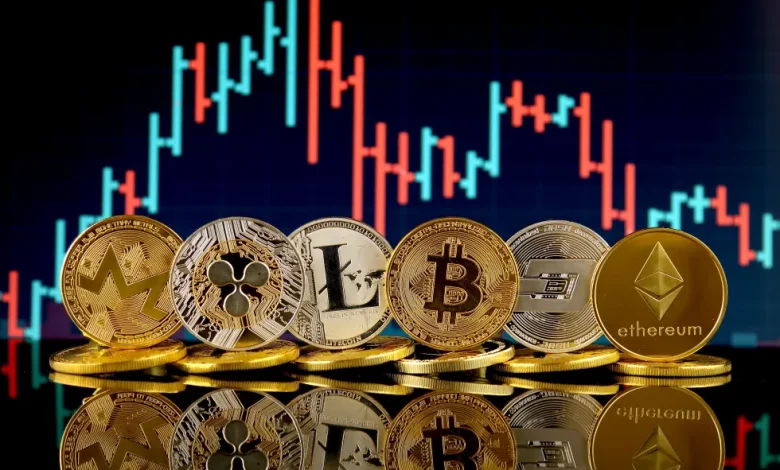
The ethics of crypto: is decentralization always a good thing? This question is at the heart of many debates about the future of money, technology, and society. Decentralization is often praised for making systems more secure, transparent, and fair. But it also raises big ethical challenges, from privacy and crime to power dynamics and environmental impact. This article explores the key features, pros and cons, real case studies, and frequently asked questions about the ethics of decentralization in crypto, using simple language and clear examples.
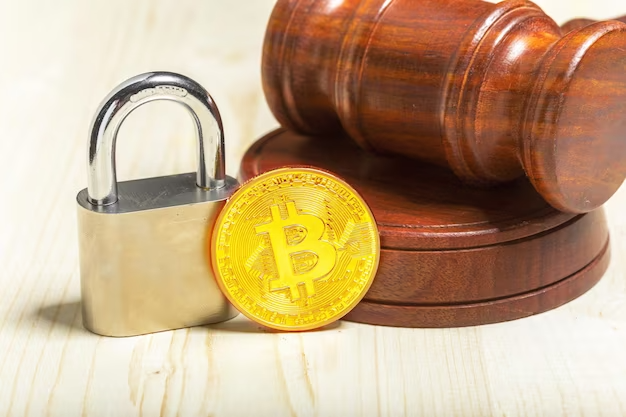
What Is Decentralization in Crypto?
Decentralization means that no single person, company, or government controls a system. In crypto, this is done by spreading control across many computers (nodes) worldwide. Instead of trusting a bank or central authority, users trust the network and its code.
- Distributed control: Decisions are made by many, not one.
- Open participation: Anyone can join and use the system.
- Public ledgers: All transactions are visible to everyone.
Why People Ask: The Ethics of Crypto — Is Decentralization Always a Good Thing?
The idea behind crypto is freedom. People want to control their own money and not depend on big banks or rules they don’t trust. But this freedom also creates problems: crime, scams, no protection if you lose your money, and damage to the environment. So, the ethics of crypto and decentralization is a hot debate today.
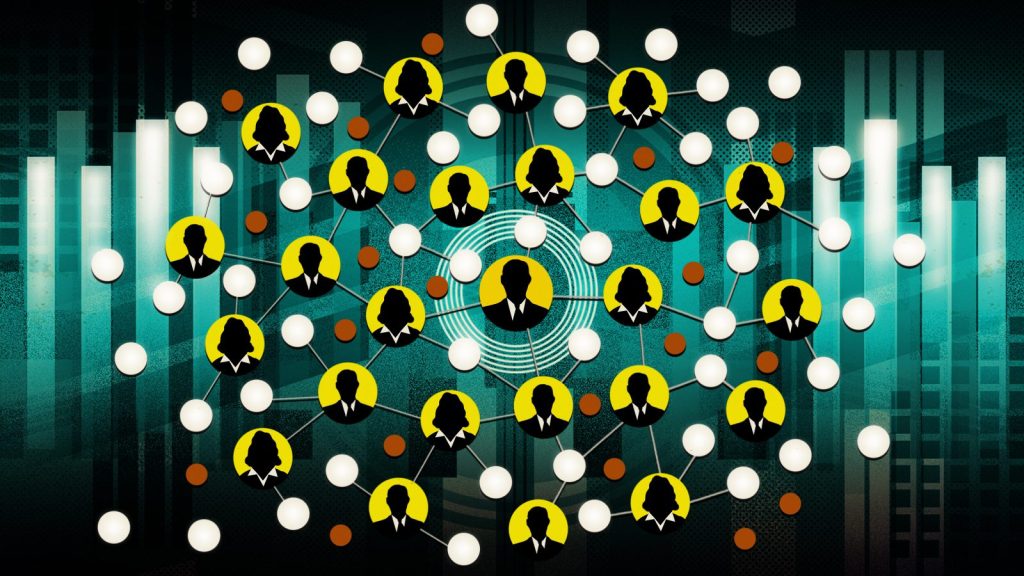
Key Features of Decentralized Crypto Systems
- Transparency: Every transaction is recorded and can be checked by anyone.
- Immutability: Once data is added, it cannot be changed or deleted.
- User control: Individuals manage their own assets and data.
- Resilience: No single point of failure, making the system hard to attack or shut down.
- Anonymity: Users can transact without revealing their identity, increasing privacy.
- Global access: Anyone with internet can participate, supporting financial inclusion.
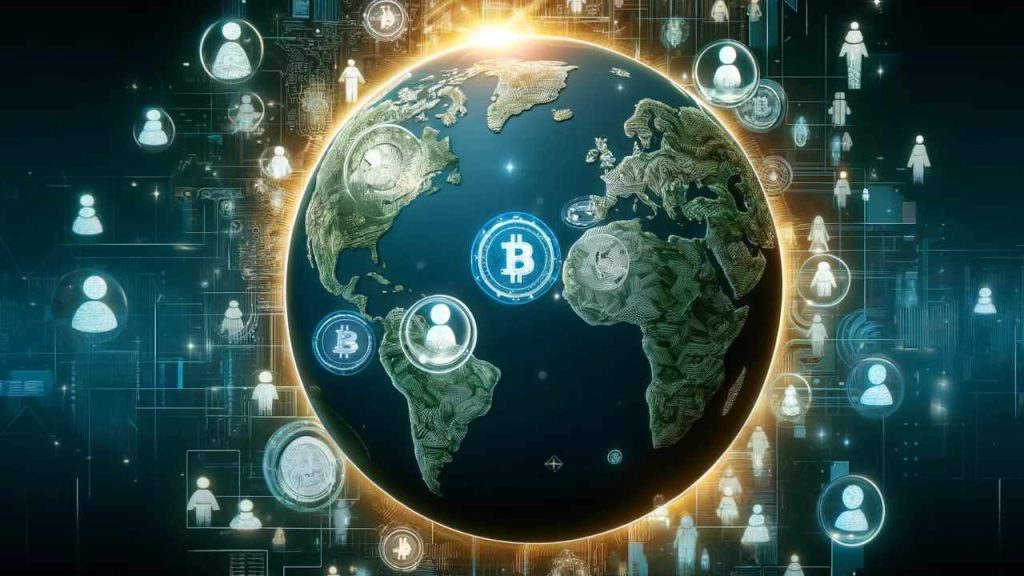
Why Is Decentralization Considered Good?
Decentralization in crypto is praised for several reasons:
- Trustless transactions: No need to trust a third party; the code and network do the work.
- Tamper-proof records: Hard to change or fake transactions, reducing fraud.
- Empowerment: Users have direct control over their money and data.
- Inclusion: Helps people without access to banks or traditional finance.
- Censorship resistance: Harder for governments or companies to block transactions.
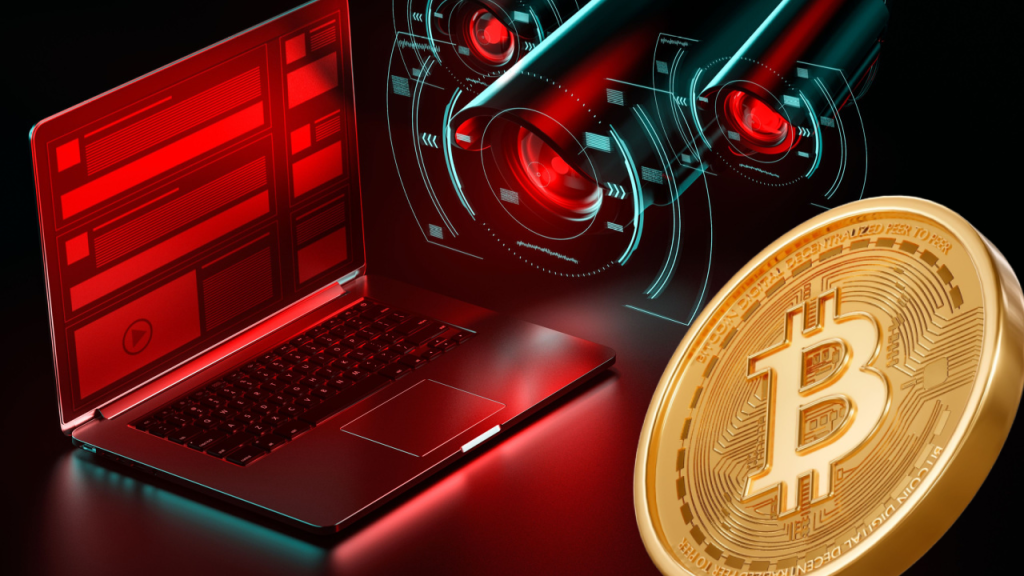
The Ethical Challenges of Decentralization
While decentralization brings many benefits, it also creates ethical dilemmas:
1. Privacy vs Accountability
- Benefit: Users can protect their identity and avoid surveillance.
- Risk: Anonymity can help criminals hide illegal activities like money laundering and terrorism.
2. Power Dynamics and True Decentralization
- Benefit: Decentralization promises to spread power.
- Risk: In reality, a few developers or miners can control decisions, leading to new forms of centralization.
3. Regulation and Law Enforcement
- Challenge: Hard to regulate or stop illegal activity without a central authority.
- Dilemma: How to balance freedom with the need to protect society from harm.
4. Environmental Impact
- Issue: Mining (especially Bitcoin) uses huge amounts of electricity, raising concerns about climate change.
- Debate: Is the benefit of decentralization worth the environmental cost?
5. Accountability and Governance
- Question: Who is responsible if something goes wrong? Decentralized systems can make it hard to find or punish bad actors.
6. Equity and Access
- Concern: Not everyone has equal access to technology or the skills needed to use crypto, risking new forms of exclusion.
How Does Decentralization Work in Crypto?
When people talk about The Ethics of Crypto: Is Decentralization Always a Good Thing?, they often ask: how does it even work?
- Blockchain: Crypto uses a blockchain — a digital ledger where every transaction is recorded.
- Nodes: Many computers (nodes) hold the same blockchain copy.
- Miners/Validators: They check transactions. This keeps the network honest.
- No Single Boss: No one can change the blockchain alone. A group must agree.
Decentralization vs Centralization: Comparison Table
| Feature | Decentralization | Centralization |
|---|---|---|
| Control | Spread among many users | Held by one organization |
| Security | Harder to attack, no single point | Easier target for hackers |
| Transparency | All transactions public | Often private or hidden |
| Speed | Slower (needs consensus) | Faster (single authority) |
| Regulation | Hard to enforce | Easier to regulate |
| Privacy | High (can be anonymous) | Lower (identity checks common) |
| Accountability | Harder to assign blame | Clear responsibility |
| Cost | Can be higher (duplication of effort) | More efficient, lower costs |
| Inclusion | Open to anyone with internet | May exclude some groups |
Case Studies: Real-World Examples
Case Study 1: Bitcoin’s Decentralization
Bitcoin is the most famous decentralized cryptocurrency. Its network is run by thousands of nodes. However, mining power is often concentrated in a few large pools, showing that true decentralization is hard to maintain.
Case Study 2: The DAO Hack (Ethereum, 2016)
A hacker stole $60 million from The DAO, a decentralized fund. The Ethereum community voted to reverse the hack with a “hard fork,” but this decision was made by a small group of developers, raising questions about who really controls decentralized systems.
Case Study 3: Monero and Privacy Coins
Monero is designed for maximum privacy. While this protects users in oppressive regimes, it also makes it hard for law enforcement to track illegal activity, leading to regulatory crackdowns.
Case Study 4: DeFi Lending Platforms
Decentralized finance (DeFi) lets people borrow and lend without banks. This increases access but also led to major hacks and losses, showing the risks of no central oversight.
Case Study 5: Centralized Stablecoins
Stablecoins like USDT and USDC are supposed to be decentralized but are actually controlled by single companies. This centralization can lead to censorship or freezing of funds, undermining the promise of decentralization.
Case Study 6: NFT Marketplaces
NFT marketplaces started as decentralized but are becoming more centralized, with a few platforms dominating the market and making key decisions.
Case Study 7: Power Imbalances in DAOs
Decentralized Autonomous Organizations (DAOs) allow users to vote on decisions. However, those with more tokens have more power, sometimes leading to unfair outcomes.
Case Study 8: Environmental Impact of Bitcoin Mining
In some countries, Bitcoin mining has caused energy shortages and increased pollution, prompting governments to ban or restrict mining.
The Ethics of Crypto: Is Decentralization Always a Good Thing for Privacy?
Many people love crypto for privacy. But some coins are too private for law enforcement to track criminals. Is it ethical to protect privacy when it can also protect crime?
When Is Centralization Good in Crypto?
- When you want customer service.
- When you need protection if your money is stolen.
- When you want clear rules.
- When you want easier government regulation.
- When you want someone responsible.
When Is Decentralization Better?
- When you live under bad governments.
- When you want true freedom.
- When you want to avoid censorship.
- When you want open innovation.
- When you want to share power with a community.
Pros and Cons Table
| Pros of Decentralization | Cons of Decentralization |
|---|---|
| Greater transparency and trust | Slower transaction speeds |
| Enhanced security and resilience | Higher energy consumption |
| User empowerment and control | Can enable illegal activities |
| Censorship resistance | Harder to regulate and enforce laws |
| Financial inclusion | Risk of new power imbalances |
| Privacy protection | Accountability and governance challenges |
Tips for Using Decentralized Crypto Responsibly
- Stay informed: Learn how your chosen crypto works and who controls it.
- Practice good security: Protect your keys and use trusted platforms.
- Support sustainable projects: Choose coins and platforms that work to reduce environmental harm.
- Be aware of the law: Understand the legal risks in your country.
- Vote and participate: If you use DAOs, take part in governance to help keep systems fair.
- Balance privacy and responsibility: Use privacy tools wisely but avoid illegal activities.
- Diversify: Don’t put all your assets in one project or platform.
- Educate others: Share knowledge to help make crypto more accessible and ethical.
Frequently Asked Questions (FAQ)
1. What does decentralization mean in crypto?
It means no single person or group controls the system; power is shared across many users.
2. Why is decentralization considered good?
It increases transparency, security, and user control, and makes censorship harder.
3. What are the main ethical problems with decentralization?
Crime, lack of accountability, environmental impact, and possible new power imbalances.
4. Can decentralized systems be regulated?
It’s difficult, but some countries are finding ways to balance freedom and law enforcement.
5. Is decentralization always better than centralization?
Not always—each has strengths and weaknesses depending on the use case.
6. How does decentralization affect the environment?
Some systems use a lot of energy, especially those using Proof of Work mining.
7. Who makes decisions in decentralized systems?
Ideally, all users participate, but sometimes a few developers or token holders have most of the power.
8. Can decentralization help people without bank accounts?
Yes, it can increase financial inclusion by letting anyone with internet access join.
9. What is a DAO?
A Decentralized Autonomous Organization is a group that makes decisions by voting with tokens, not by a boss or board.
10. Are all cryptocurrencies truly decentralized?
No, some are more centralized than they appear, especially stablecoins and some NFT platforms.
Conclusion
The ethics of crypto: is decentralization always a good thing? Decentralization brings many benefits, like transparency, security, and inclusion. But it also creates real ethical challenges, from crime and environmental harm to new forms of centralization and power. The best path forward is to understand both sides, use crypto responsibly, and support efforts to make decentralized systems fair, sustainable, and truly open to all



